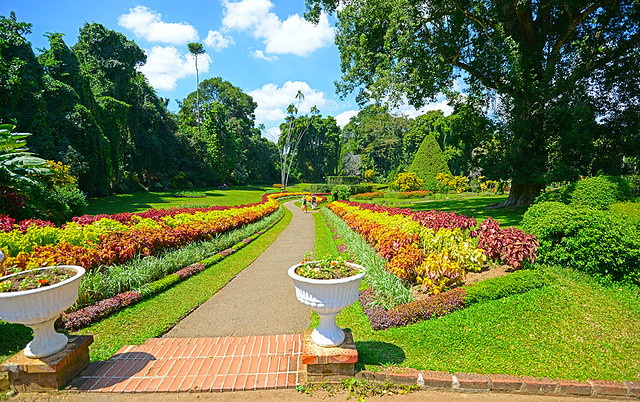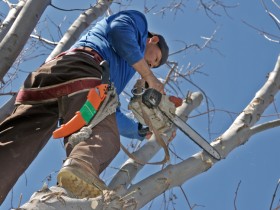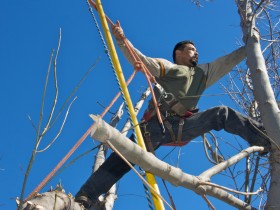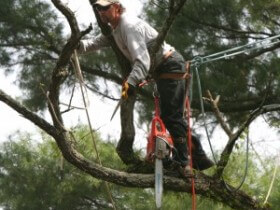In the world of organic gardening, there are plenty of great resources available to both new and experienced organic gardeners alike. There are many e-guides, books, videos, and other resources available. This set of tips contains some of the best advice for helping a good organic gardener become a great organic gardener.
Plant perennials that slugs and snails won’t be interested in eating. These mollusks are capable of consuming an entire garden full of flowers in a single night. Snails and slugs have a good time destroying perennials that are young and have tender and smooth thin leaves. Some perennials, however, leave a bad taste in slugs’ mouths or are difficult to chew through because their leaves aren’t tender. Achillea, euphorbia, helleborus, heuchera and campanula are good choices that slugs don’t like.
To get the best results, you must use the right soil. The type of plants you’re planning to grow will determine the type of soil you need, and whether the soil will or will not be adapted. You can designate one area of your garden to use one specific type of soil.
Don’t forget to use a good fertilizer in your garden. Manure is great in enabling plants to grow, although it’s vital to use commercially composted products in order to lessen the risk of a variety of pathogens. You have the ability to choose from quite a large array of fertilizer, however there is not a great difference between them. It is just crucial that you use something.
Give peas a head start by sprouting them indoors. The seeds will have a better germination rate if you start them indoors. Give the seeds enough time to get stronger: growing indoors will make it easier for your plants to resist diseases and the pesky bugs. You will be able to transfer the seedlings outdoors after they become better established.
Put money into a quality wheelbarrow and kneeling stool if you plan to do garden work often. Horticulture can take a toll on the knees, but a small ergonomic stool will be a comfortable solution. Gardening also usually requires that you transport heavy loads, such as dirt or mulch, and a wheelbarrow will make this much easier to do.
It can be tough to keep insects and other plant-ruining crawlies from infesting your garden. Don’t spray any harsh chemicals on your vegetables because you will be eating them later on. Research the methods available for eliminating garden pests organically. If you catch pests early, you can remove them by hand effectively.
If you want to get children in on the fun, plant a few strawberries, everbearing if possible. Little ones will be more likely to help when they can enjoy the fun of harvesting their own fruit.
If you are looking at creating an endurable organic garden, you should think about keeping some of your property vacant so that wildlife may flourish there. Wildlife can help the plants in your garden to thrive, as insects support plant reproduction, while the excrement of many species contains nutrients which can help to fertilize your soil.
Now you know a little more on how you can be a successful organic gardener. Knowing how to make use of the wealth of information out there is important. With this in mind, you can refine your own methods to successfully grow a beautiful organic garden.
Now that you have a firm foundation when it comes to mdyhome.com, you can proceed with any plans that you might have. Save this article, or take notes of the advice, and use it later when needed. You will be more successful that you ever imagined.




